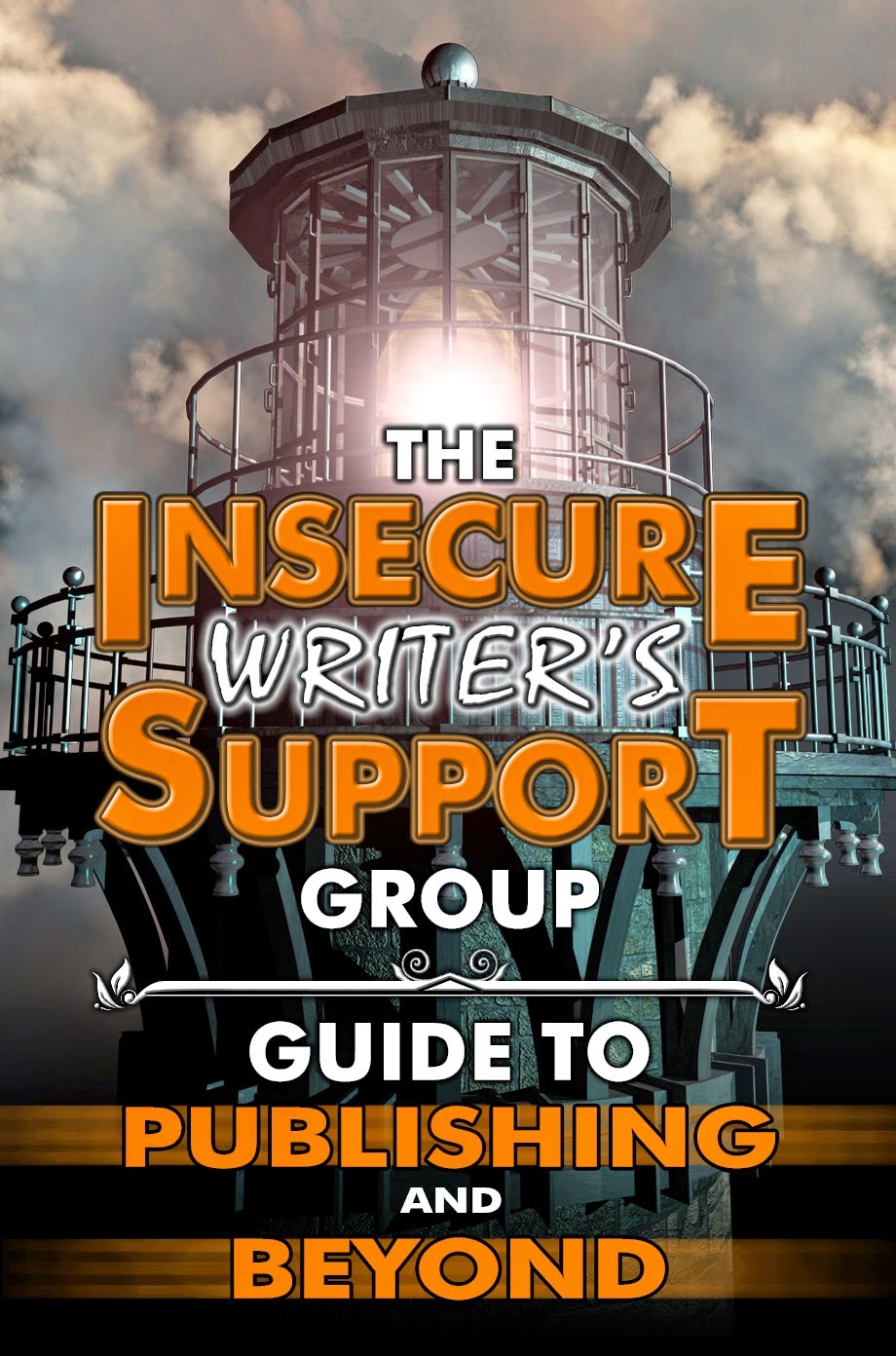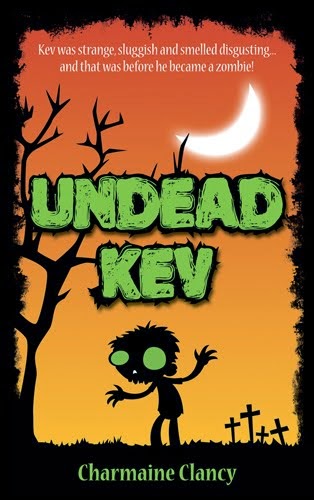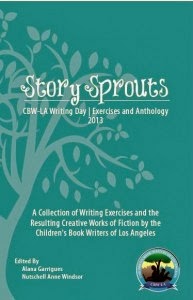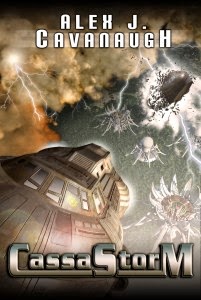If Jack and Diane were about to have a baby so they
bought loads of baby clothes, but then Diane suffered a miscarriage and was no
longer able to have children and they ended up selling all the baby stuff, that
would make for a sad story most people would sympathise with.
But if I put the story in this form:
For Sale: Baby shoes. Never worn.
...the impact of what happened is much sharper.
The difference, other than the impressive brevity,
is that in Hemingway’s famous six word story, the realisation of what happened
occurs in the reader’s mind.
Even though there are no details and no specifics,
the part of the brain that puts two and two together and comes up with four
adds that feeling of accomplishment to the emotion being expressed, magnifying
it.
In short, if you can get the reader to work out the
cause of what characters are feeling, then they are much more likely to share
that feeling.
It is, of course, far easier to just tell the reader
what’s going on. If the subject matter is an emotive one (like dead babies)
then they’re still going to have some kind of emotional reaction. But we are so
used to things unfolding in predictable patterns that we often become detached
and distanced from what we are being told. We see it coming and we’re able to
ease past it.
It’s the way we interact with each other. Most of
the time we know what someone’s saying before they’ve finished saying it; and we’re already planning our reply. We’re very good at it because we get a lot
of practice and nine times out of ten we guess right. But when things don’t
turn out the way we expected it pulls us out of the noise and hubbub of everyday
life and we pay attention to what’s being said—Wait, what did you say?—and then you’re much more
likely to react on a deeper level.
In term of story, the emotional parts where
characters are facing difficult situations and choices often get treated in a
simple and straightforward manner because the subject matter speaks for itself.
If Amy is going to have an abortion, the situation is already so infused with
meaning and preconceptions that it may seem pointless to add anything. And if
you do it can end up feeling heavy-handed or clunky.
You may think leaving it to the reader to form
their own opinions is part of good storytelling, but there are few writers who
write to encourage people to keep thinking whatever they want to think.
In most cases, the writer has set out a sequence of
events to elicit certain reactions. Not necessarily to push a particular
political agenda (although that can certainly be a possibility), it can just be
to have the reader root for this character against that character, have them
hope A falls in love with B or be on board with the idea that aliens ruling
over us isn’t acceptable.
These are things the writer wants to happen, not just
by chance but by design.
You can hope the reader falls in line with your way
of thinking, and some probably will, or you can lead them to where you want
them to go. Without them realising it.
Kind of sneaky, but pretty much the basis of all
good fiction.
For example:
Amy turned up
at the clinic exactly on time. She didn’t want to have to wait around, thinking
about how painful the procedure was going to be. But it was over very quickly
and she didn’t feel a thing, not for many years.
A little bit of wordplay to wrongfoot the reader
and it stops being about my views on abortion, or even yours. Instead, you’re
focused on Amy’s experience. You can still make a judgment on what happens and
how she handles it, but for that moment when it isn’t clear what was said and
then all of a sudden it is, everything else is removed from the equation and
you get a pure blast of the here and now. This is what happened to Amy.
When you get the brain working on putting the pieces
in place, even if it’s fairly obvious where they go, there’s less room for distraction,
opinions and daydreaming. You fix the reader’s mind on those words on the page.
That’s the power of coming at things from an
unexpected direction. Not to be vague or mysterious, or to try and drum up
curiosity, but to lift the moment out of the narrative stream we’re so used to
and give it the reader’s full attention, even if only for an instant.
If you found this post useful please give it a retweet. Cheers, you.
































































































